
I should be sorry if I only entertained [my audience]; I wish to make them better." - George Frederick Händel
Händel was born in Halle, a city of Brandenburg-Prussia. As a child, his father saw his propensity for music, but wanting him to pursue a career in law, forbade him to study it. Nevertheless, Händel managed to learn in private, at one point even sneaking a clavichord into the house through the roof. Finally embarking upon his musical career, Händel moved to Hamburg before travelling to Italy and studying with Archangelo Corelli. He returned to Germany to take his first significant position as Kapellmeister at the court of Hanover. In 1714, the Elector of Hanover became King George I of England, and Händel spent the rest of his career in London.
In his own day, he was famous for his operas, which were usually written in Italian; today he is largely remembered for his large scale choral works, especially The Messiah. This work is an oratorio, or an opera with text taken from sacred Scripture rather than a traditional libretto. Oratorii retain all the same stylistic and compositional features of an opera, including the instrumental movements (overture/sinfonia, intermezzo, entr'act) and different types of vocal piece (aria, recitative, chorus.)
He continued to write operas and other music for the British Crown, including music for the coronation of King George II in 1727. This music is still used in British royal coronations to this day.
Water Music: Alla Hornpipe
Zadok the Priest
The Messiah: Overture
The Messiah: Recitative
The Messiah: Aria
The Messiah: Chorus